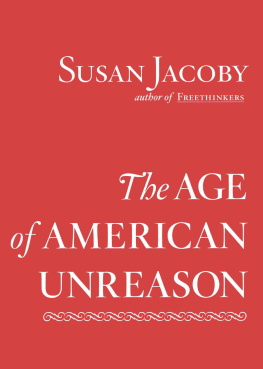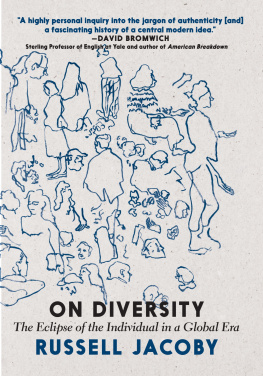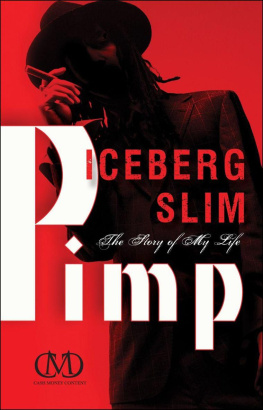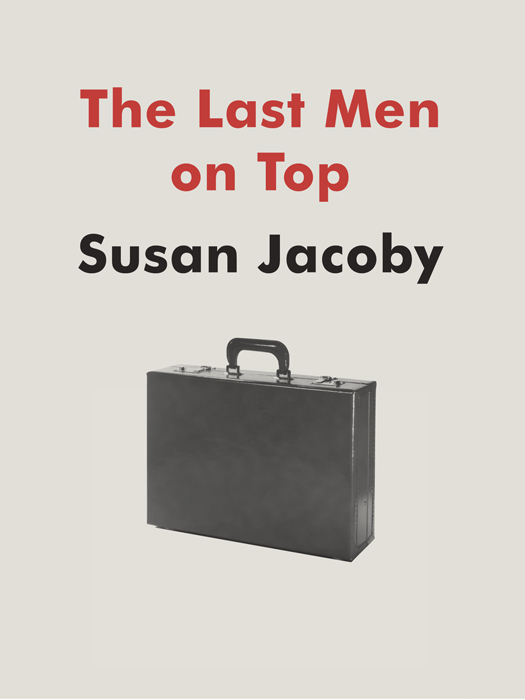The Last Men on Top
Susan Jacoby
Pantheon Books, New York
Pantheon eBook Original
Copyright 2013 by Susan Jacoby
All rights reserved. Published in the United States by Pantheon Books, a division of Random House, Inc., New York, and in Canada by Random House of Canada Limited, Toronto.
Pantheon Books and colophon are registered trademarks of Random House, Inc.
A portion of this work previously published, in different form, in The New York Times (4/6/13).
www.pantheonbooks.com
eISBN: 978-0-307-90847-6
Cover photograph by Lambert/Archive Photos/Getty Images
Cover design by Peter Mendelsund
v3.1
To my brother
Robert James Jacoby (19482011)
Contents
The Grateful Generation
When I dream about my fatheras I still do on occasion, even though he has been dead for more than a quarter of a centuryI always wake up as I hear the crunch of tires rolling over rock salt. In the 1950s and early 1960s, this unmistakable sound would awaken me when Dad pulled his car out of our icy driveway to head for work by five oclock in the morning, before the sun cast even the faintest light in the depths of the Michigan winter. It was tax season, and Dad, first as the chief accountant and later as the owner of the same small bookkeeping business, made three-quarters of his yearly income by working fourteen-hour days from January through April.
Everything depended on him. If my mother had worked to help out, as she would have been more than willing to do, he would have been considered a failure and shelike all married women who had to workwould have been pitied by the neighbors. It was understood that the statement she works had nothing to do with the cleaning, cooking, and child care women did in their own homes but only with the unenviable fate of a wife and mother who also had to earn a paycheck. My father, unlike more conservative men of his generation, would have had no objection if my mother had wanted some sort of career, but I am certain that he would have felt greatly diminished had her salary been needed to pay the bills. It was often said by American feminists in the late 1960s that every wife was just one man away from poverty. It would have been just as valid to say that every middle-class man was just one job away from poverty.
I consider the grateful generation a more apt description than Tom Brokaws greatest generation of the men and women who came of age during the Second World War. They had every reason to be grateful, because after the war their country conferred benefits on veteransincluding the GI Bill and low-interest housing loansunequaled in any other era of American history. The unspoken social covenant was that men would assume total economic responsibility for their families and that women who had held jobs during the war would return to the home. I am not sure that the men of the grateful generation deserve excessive admiration for taking on a responsibility they could not refuse if they wished to be considered real men. I am certain, though, that the task of being the sole breadwinner, even if managed successfully, was a source of more profound anxiety and stress than purveyors of the paycheck-equals-power scenario would have us believe today. This burden was also assumed by the men born during the Depression, who came of age during the Korean War with essentially the same values as the World War II generation.
You wont find Bob Jacoby or his friends on Mad Men, the American Movie Channel series featuring advertising executives who have enough money to provide expensive hotel rooms for noon trysts with their girlfriends and expensive apartments for their serious mistresses; to bring home a new Cadillac to keep their suburban wives pacified; to drink all day and still, somehow, manage not to get fired unless they wet their pants while wooing a new client. (That drunken peeing scene was written and filmed with a combination of discretion and explicitness that broke new ground in television.)
My dad worked so hard that he wouldnt have had the time for adultery even if he had the desire. As for drinking, merely arriving at his office in Lansing, Michigan, with alcohol on your breath, unless it was the week before Christmas, was a firing offense. Before Dad was able to buy the business, he never knew what his annual income would be until Christmas Eve, when his Scrooge of a boss handed out bonuses whose amount he had deliberately withheld from his employeesostensibly as a holiday surprise but really as a device for keeping them in a constant state of anxiety and subservience throughout the year. Just to ratchet up the worry a notch, the boss paid the bonuses in cashthereby requiring every employee to make a mad dash for the bank or else risk keeping hundreds or thousands of dollars lying around the house until the banks opened again after the holiday. My fathers first move as owner was to raise salaries and eliminate uncertain holiday bonuses making up a significant portion of employee wages. He also struggled to upgrade benefits, such as health insurance, for everyone in the office. Dad was the kind of man who wouldnt have been able to live with himself if one of his workers had been bankrupted by illness.
When it wasnt tax season, Dads car turned into our driveway at six oclock sharp, half an hour before dinner. Afterward, in the fading light on summer nights, he worked in his garden. Some of our best talks took place as I helped him in the undying effort to protect his beloved beefsteak tomatoes and corn from hungry insects and rodents, usually with toxic sprays that no one would allow in a backyard today. His day at the office done, my father was always at the disposal of his children. Yet he said many times in the months before his death from lung cancer in 1986 that his greatest regret was not having spent enough time with my brother and me when we were growing up.
The last thing my father exercised was power. His life, like the lives of most of the middle-class men in our neighborhood, was all about duty. This duty had a good and a bad side, not only for Dad but for his wife and children, but of one thing I am certain: he enjoyed immeasurably less personal freedom and control over his life than middle-class men do today and have throughout the decades since feminism has transformed the rules of his generation. There was almost no private time in his daily routineno regular gym workout, no stop at a bar on the way home from work, no time to read the books he wanted to read. The only thing Dad did without his family was play golf with his buddies early on Sunday mornings (not in tax season, of course, when he worked seven days a week) and consume a huge breakfast afterward at the Sip N Snack.
My father and his friends are unrecognizable and unrecognized in the stories being told by the news and entertainment media and by the contentious political and religious forces now engaged in renewed debate about the proper roles of men and women in our society. If we are to believe the products of popular culture like Mad Men, most men of my fathers generation ran the show. This narrative also appears in the sometimes sentimental, sometimes spiteful, sometimes downright envious writings of baby boomers and of younger members of todays aspiring American intelligentsia. In this tale, the men who supposedly ruled the world until the early 1970s were in charge both at the office and at home. They controlled the women in their lives, and unless they committed the ultimate male sin of failing to bring home a paycheck, they could do pretty much what they wanted in the sexual arena.










